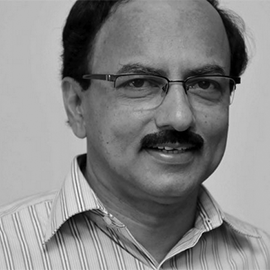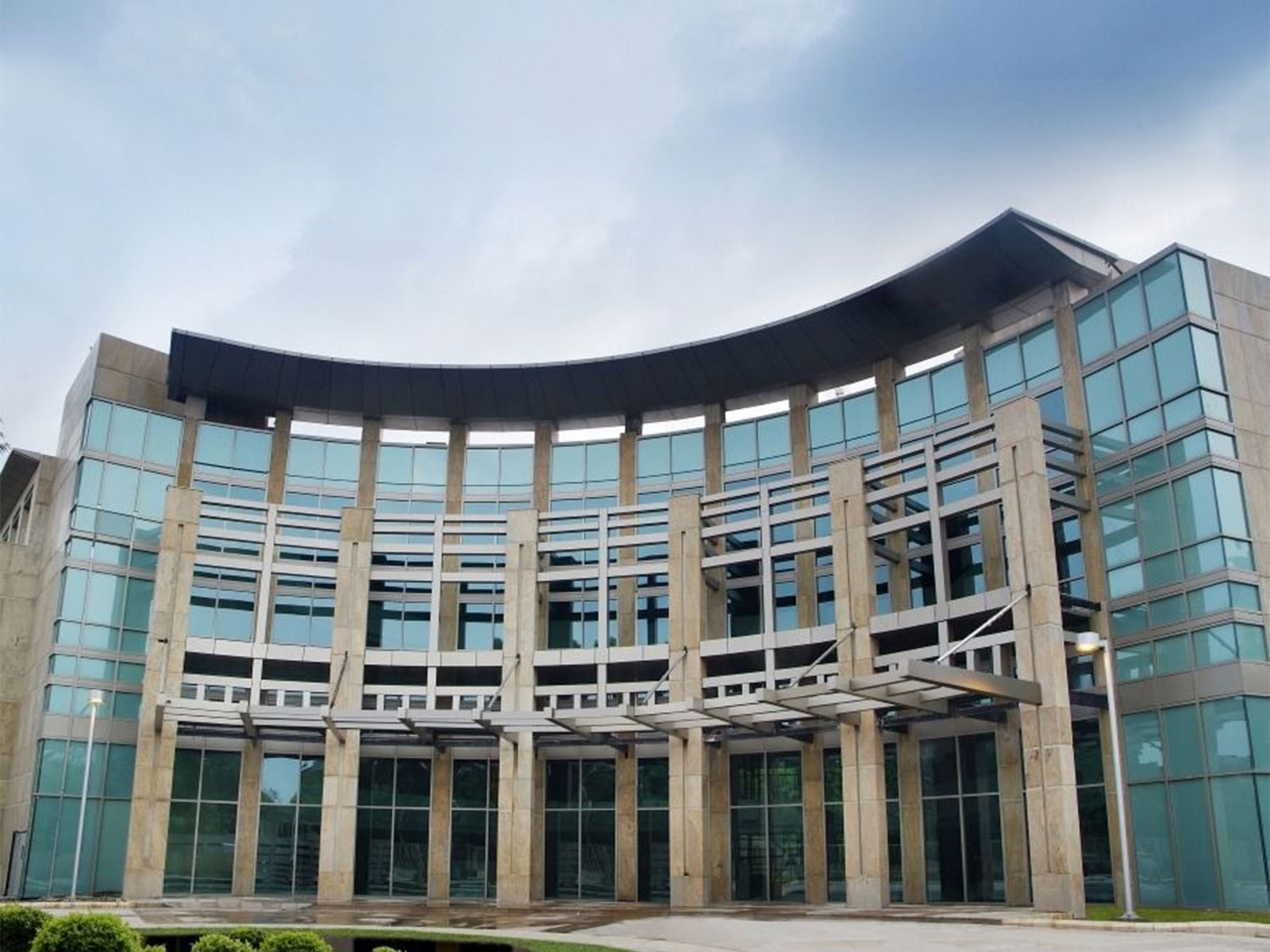Cauvery water: SC gives Karnataka a way out, avoids constitutional crisis

The Supreme Court on Tuesday ordered Karnataka to release 2,000 cusecs of Cauvery river water to Tamil Nadu every day from 7 October to 17 October after the state sued for peace with its neighbour in the on-going dispute.
After earning the wrath of the apex court for continuously defying its orders, Karnataka escaped harsher punishment, as the state legislature, which met on Monday, authorised the Siddaramaiah government to release "some water for irrigation purposes".
The sluice gates of Krishna Raja Sagar, Kabini and Hemavathi reservoirs were opened on Monday night itself letting out more than 6,000 cusecs of water, to douse the court's anger when it met on Tuesday.
When Karnataka's senior counsel Fali Nariman pleaded the state's difficulties and offered to release 1,500 cusecs for the next 10 days, the SC bench comprising Dipak Misra and Uday Lalit modified it to 2,000 cusecs and posted the hearing to 18 October.
The court also appointed Central Water Commission member Syed Masood Hussain as chairman of the Cauvery supervisory committee and asked him to tour the river basin in both the states along with a team of irrigation experts and report back to the court on ground realities by the next hearing.
It was a matter of huge relief for Karnataka as the court had warned of using its extraordinary powers under Article 144 of the Constitution to "uphold the majesty of law" and ensure compliance of its orders.
After binding the government earlier to conserve water only for drinking purposes, the three major political parties, BJP, JD(S) and Congress, showed political sagacity by relaxing their stand and backing the Siddaramaiah government.
Former prime minister HD Deve Gowda played a pivotal role by regularly advising the chief minister and sitting on a 12-hour hunger strike to draw the attention of the Centre to the 'injustice' being meted out to Karnataka. Gowda broke his fast only after Union ministers Ananth Kumar and DV Sadananda Gowda spoke to Prime Minister Narendra Modi and conveyed his assurance that Centre would intervene.
Centre's role
Having stayed silent on the issue for nearly a month, the Modi government did intervene. During the 30 September hearing, Attorney General, Mukul Rohatgi had concurred with the SC bench to constitute the Cauvery Water Management Board (CWMB) within four days, which had been strongly opposed by Karnataka since the matter was before another 3-member bench.
On 4 October, Rohatgi did a complete U-turn by informing the Supreme Court that it had "over-stepped" into the domain of Parliament by ordering the NDA government to constitute CWMB and urge the court to withdraw its order. He admitted that he had made a 'mistake' by agreeing with the bench's demand.
He said Article 262 allows a parliamentary law to prepare a water sharing scheme based on the final award of the tribunal. "By ordering the setting up of the CWBM the court denuded the Centre of its powers under Inter-State Water Disputes Act. The final say is vested in the Parliament," he said.
The water resources ministry also informed the court that even after constitution of CWMB, it would take at least a month to tour 80,000 sq km basin and get a realistic picture of the ground realities. Instead of doing a rush-job, the ministry suggested a high-power technical team be sent to inspect Karnataka's four reservoirs - Hemavathi, Harangi KRS and Kabini and Tamil Nadu's Mettur, Bhavanisagar and Amaravathi dams.
The Centre's volte-face on CWMB - the constitution of which, Karnataka feared, would deprive it of its control over reservoirs - and intermittent rains in the Cauvery basin in the last few days, helped Karnataka to modify its stand.
CM's position
Siddaramaiah told the special session of the Assembly that as against 27.24 tmcft of water in all its reservoirs as on 23 September, the level had risen to 34.13 tmcft and the state could now afford to release some water for irrigation as well. "Because of 48 per cent deficit in rainfall this year, we have not been able to release water to our farmers also in the last one month. Out of 18.85 lakh acres, only 6.15 lakh acres have been sown, but nearly 2 lakh acres of paddy sown in Hemavathi basin is withering away for lack of water," he said.
The chief minister said he had no intention of defying the Supreme Court, but 24 tmcft of water had to be kept aside for human and animal consumption till next June. "The national water policy adopted in 2012 makes drinking water a fundamental right along with right to life. It is my constitutional responsibility to provide drinking water to 1.5 crore people of Bengaluru, Mysuru and other towns; otherwise, I will be failing in my duty," he said.
Former chief ministers Jagadish Shettar of the BJP and HD Kumaraswamy of the JD(S) among others supported the government's resolution in "the larger interest of the state." Though the Opposition have squabbled with the Congress government on many issues in the past, the Cauvery crisis seemed to bring them together to speak in one voice.
Though the BJP's leader of opposition in the council, KS Eshwarappa made a strong pitch for replacing Fali Nariman as Karnataka's counsel and even the ruling party mulled with the idea of entrusting the work to either Kapil Sibal or Abhishek Manu Singhvi, Siddaramaiah has decided to stick with Nariman for now.
All eyes are now on 18 October hearing of the Supreme Court when another bench will take up the CWMB issue.
First published: 4 October 2016, 10:18 IST





![BJP's Kapil Mishra recreates Shankar Mahadevan’s ‘Breathless’ song to highlight Delhi pollution [WATCH] BJP's Kapil Mishra recreates Shankar Mahadevan’s ‘Breathless’ song to highlight Delhi pollution [WATCH]](https://images.catchnews.com/upload/2022/11/03/kapil-mishra_240884_300x172.png)

![Anupam Kher shares pictures of his toned body on 67th birthday [MUST SEE] Anupam Kher shares pictures of his toned body on 67th birthday [MUST SEE]](https://images.catchnews.com/upload/2022/03/07/Anupam_kher_231145_300x172.jpg)






